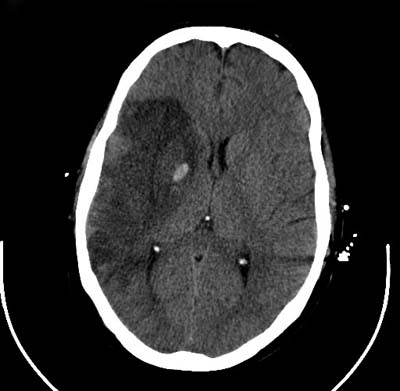Fatal stokes more likely in winter than summer, experts find
 Hong Kong - One form of fatal strokes is more likely to affect people in winter than the summer, a team of Hong Kong medical experts said Friday.
Hong Kong - One form of fatal strokes is more likely to affect people in winter than the summer, a team of Hong Kong medical experts said Friday.
Neurologists found a far higher incidence of strokes caused by aneurismal subarachnoid haemorrhage, a rupture that leads to blood filling the space surrounding the brain, in winter when temperatures are lower and atmospheric pressure higher.
The team from Hong Kong's Prince of Wales Hospital studied 135 patients over a period of four years and found the majority of cases took place in the winter, with the peak month being January.
Patients should pay particular attention to symptoms such as sudden, severe headaches during winter to reduce the risk of a fatal stroke, the doctors suggested.
Neurosurgeon George Wong, speaking on the government-run radio station RTHK, said the strokes killed one in two sufferers and affected smokers or people with untreated hypertension.
"People should have greater awareness in winter," he said. "Symptoms such as the sudden onset of a severe headache should not be ignored; otherwise, a chance to cure the disease may be lost."
The findings of the team, which is continuing its study by trying to find out what brain processes change as a result of atmospheric pressure, were published Friday in the Hong Kong Medical Journal.
Aneurismal subarachnoid haemorrhages are among the less common types of strokes and are most likely to occur spontaneously and not as a result of an injury. (dpa)